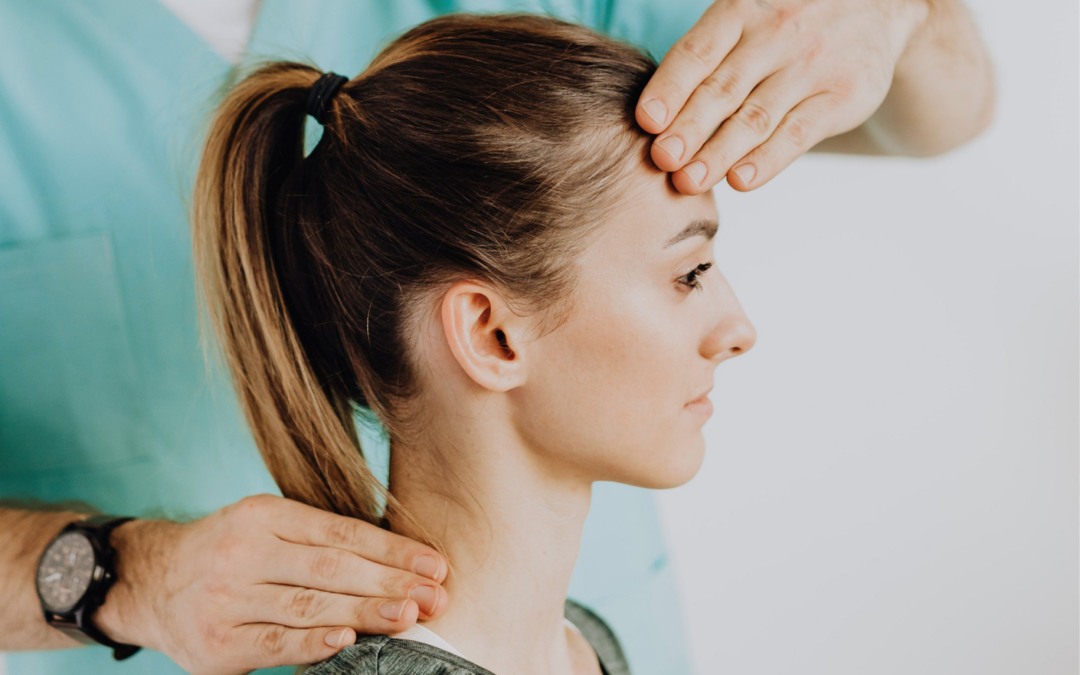Recovering from a concussion can be a challenging journey but understanding what to expect can make the process smoother. A concussion, often caused by a blow to the head or a sudden jolt, is a mild traumatic brain injury that requires proper care and patience. This article will explore the typical recovery timeline, factors that can influence recovery, and practical tips for managing symptoms during the healing process.
The Typical Recovery Timeline for a Concussion
Many people recover from a concussion within 7 to 10 days, but this timeline can vary depending on the individual and the severity of the injury. During the first 24 to 48 hours, relative rest is crucial. This means minimising physical and cognitive activities, such as exercise, screen time, and work. After this initial period, gradual reintroduction of activities is recommended, as long as symptoms do not worsen. For some individuals, symptoms may persist for weeks or even months, a condition known as post-concussion syndrome. It’s important to consult a healthcare professional if symptoms linger for more than a few weeks.
Factors That Can Influence Recovery Time
Several factors can impact how quickly someone recovers from a concussion:
- Age: Children and older adults may take longer to recover due to differences in brain development and resilience.
- Previous Concussions: A history of concussions can increase recovery time and the risk of complications.
- Severity of the Injury: More severe concussions often require longer recovery periods.
- Pre-existing Conditions: Conditions such as migraine, anxiety, ADHD or depression can prolong recovery.
- Adherence to Recovery Guidelines: Following medical advice and avoiding activities that could worsen symptoms are critical for a smooth recovery.
Tips for Managing Symptoms During Recovery
Managing concussion symptoms effectively can help speed up recovery and improve overall well-being. Here are some practical tips:
- Prioritise Rest: Ensure you get plenty of sleep and take breaks throughout the day to avoid overexertion.
- Limit Screen Time: Reduce exposure to screens, as they can worsen symptoms like headaches and eye strain.
- Stay Hydrated and Eat Well: Proper hydration and a balanced diet can support brain health and recovery.
- Seek Professional Guidance: Consult a healthcare provider for personalised advice and to monitor your progress. We can give you specific advice on how to structure and plan your activity to foster improvement and manage an effective return to your normal activities.
- Manage Stress: Practice relaxation techniques such as deep breathing or meditation to reduce stress, which can exacerbate symptoms.
Recovering from a concussion requires patience and care. By understanding the recovery timeline, recognising factors that influence healing, and following these tips, you can navigate the process with confidence. If you or a loved one is dealing with a concussion, remember that professional support is always available.
If you’re experiencing prolonged symptoms or need expert guidance, visit Sydney Concussion Centre website to book an appointment. Our team is here to help you on your recovery journey.
Contact our office on 18OO CONCUSSION | 1800 266 287 for further advice



Recent Comments